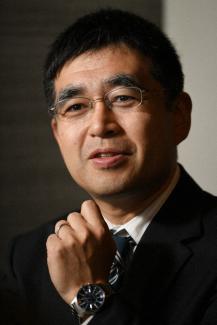Event

Postwar Japan has been associated with the no war clause of Article 9 of the Japanese Constitution, promoted by Japanese signatory to the San Francisco Peace Treaty and US-Japan Security Treaty, Prime Minister Shigeru Yoshida. But 1950s Japan had little vision beyond reconstruction. The vision came only with high economic growth in 1960s.This presentation highlights Sato Eisaku, who, as prime minister from 1964 to 1972, stressed close US-Japan cooperation without nuclear weapons, despite an end to American hegemony with the Vietnam War. US Ambassador to Japan Armin Meyer described Sato’s agenda as a “grand experiment”, with “Japan to play its role as a non-military major power.” In fact, Sato proclaimed such a future for Japan at the United Nations in 1970. How and why did Sato devise this new Postwar Japan? And how has the agenda changed over the last fifty years? Since 1970, Japan has faced two Oil Shocks (1970s), a revitalized Cold War (early 1980s), an end to the Cold War and outbreak of the Gulf War (late 1980s through early 1990s), and new regional threats (mid-1990s onward). We will examine both Japan and changes in the modern world over the last half century.
Murai Ryota is Professor of Politics in the Faculty of Law, Komazawa University (Tokyo). Specializing in the political and international history of Japan, he is the author of the Establishment of the Party Cabinet System, 1918-1927 (Yuhikaku, 2005), Development and Collapse of the Political Party Cabinet System 1927-36 (Yuhikaku, 2014), Sato Eisaku: Political Leader of Postwar Japan (Chuo koron, 2019) and Ichikawa Fusae: Preventing Retreat and Moving Forward (Minerva, 2021). His first book received the 2005 Suntory Prize for the Social Sciences. Dr. Murai was a visiting scholar at the Reischauer Institute for Japanese Studies (Harvard) in 2010-11 and is currently a visiting scholar in the Department of History at Penn (through March 2022).